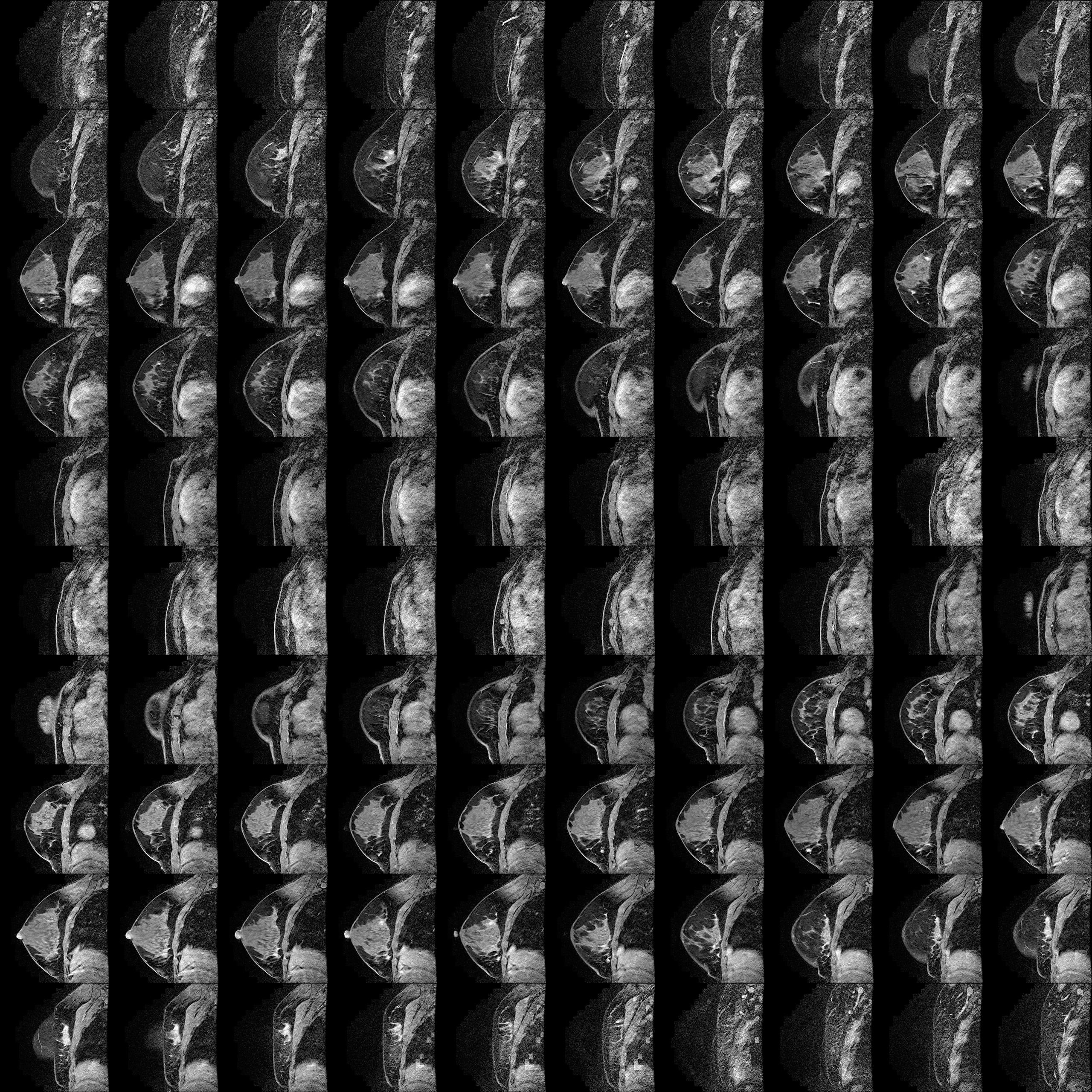Enhanced UK breast screening could detect an extra 3500 cancers per year
Researchers on the BRAID trial are calling for additional scans to be added to breast screening for women with very dense breasts, following the Lancet publication of the trial results. The results show that extra scans could treble cancer detection for these women, and potentially save up to 700 lives a year in the UK.

Around 10% of women have very dense breasts, and between ages 50-70 these women are up to four-times more likely to develop breast cancer compared with women with low breast density. Over 2.2 million women receive breast screening in the UK each year, but for women with very dense breasts, mammograms (breast X-rays used for breast screening) can be less effective at detecting cancer. Denser breasts look whiter on mammograms, making it more difficult to identify small early-stage cancers, which also appear white.
The BRAID trial tested different scanning methods that could be used in addition to mammograms to detect cancers in dense breasts. In over 9000 UK women with dense breasts who had had a negative (no cancer) mammogram result, the study identified 85 cancers. Per 1000 women screened, two of the methods, (contrast enhanced mammography, CEM and abbreviated magnetic resonance imaging, AB-MRI) detected 17 and 19 cancers, respectively, that were not seen in mammograms. As mammograms already detect around 8 cancers per 1000 women with dense breasts, the additional scans could more than treble breast cancer detection in this group of women.
The researchers say that adding either of these methods to existing breast screening could detect 3,500 more cancers per year in the UK. Estimates suggest that screening reduces mortality for about 20% of cancers detected, so this could mean an extra 700 lives saved each year.
BRAID is the first trial to directly compare supplemental imaging methods and to demonstrate their value for early cancer detection as part of widespread screening. The team hope their results will be used to enhance screening programmes in the UK and globally to diagnose more cancers early. More work is needed to confirm whether additional scans will reduce the number of deaths as cancers detected through screening are not always life-threatening.
The trial, led by Professor Fiona Gilbert (Cambridge), recruited across 10 UK sites.
Methodology Lead and Senior Author, WIPH Emeritus Professor Stephen Duffy, said: “The NHS Breast Screening Programme has made a huge difference to many lives. Thanks to these results we can see that the technology exists to make screening even better, particularly for the 10% of women with dense breast tissue."
The trial was funded by Cancer Research UK with support from the National Institute for Health and Care Research (NIHR) Cambridge Biomedical Research Centre (BRC).
Fiona J Gilbert, Nicholas R Payne, Iris Allajbeu, Lim Yit, Sarah Vinnicombe, Iain Lyburn, Nisha Sharma, Will Teh, Jonathan James, Archana Seth, Tamara Suaris, Reena Aggarwal, Miaad Al-Attar, Sarah Savaridas, Antonis Antoniou, Paul Pharoah, Stephen Duffy. Comparison of supplemental breast cancer imaging techniques—interim results from the BRAID RCT. The Lancet, 21 May 2025. https://doi.org/10.1016/S0140-6736(25)00582-3